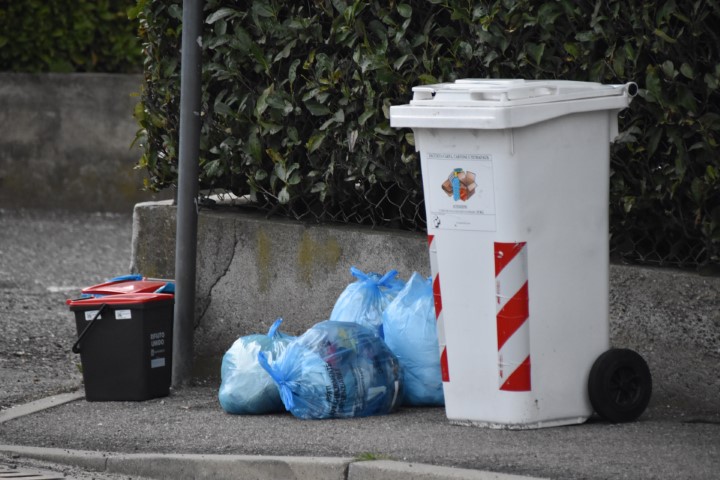The origins of the Pay As You Throw legislation and how the European Union approached the “circular” economic model.
Since the environmental scandals of the 1970s and 1980s, European environmental policy has changed, and the European Union has begun working to make the environment in which we live better. This is an issue that has been increasingly felt in recent times, as is especially evident in current topics covered by both national and international media.
The topic is particularly heartfelt because as the population grows, the demand for raw materials also grows exponentially, with increasing environmental and climate impacts, aimed to worsen in the absence of careful resource exploitation policies.
The "circular" economic model
The answer to this is the introduction of a "circular" economy model with the goal of minimizing the amount of waste to the point of elimination. In addition to the concept of sustainability, European policies have worked on their economic competitiveness. So while it is true that "circular economy" means "an economy designed to be able to regenerate itself," according to the Ellen MacArthur Foundation's definition; on the other hand, it is also true that initiatives have been organized to raise awareness - including OECD, UNEP-IRP, G7, G8, G20 - and a plan of actions and directives for better waste management has been set up.
Germany, France, the United Kingdom and the Netherlands, and Italy are just some of the European states involved.
Germany
This European country first enacted a law on the "circular economy" in 1996 and, in 2012, introduced the National Resource Efficiency Program (ProgRess), with the aim of managing resources sustainably and thus being more competitive at the European level. In 2016, "Progress II," focused on circular economy indicators, was presented.
France
2015 (2015-992 of Aug. 17, 2015 referred to in Art. 69 - 172) dates back to the 2015 Law (2015-992 of Aug. 17, 2015) on Energy Transition for Green Growth, focused on combating waste and promoting the circular economy, which for the French is synonymous with resource conservation and recycling.
United Kingdom
Since 2010, the Waste and Resource Action Program (WRAP), which aims to reduce waste and raw materials in the economy, has been active here.
Between 2003 and 2013, the National Industrial Symbiosis Program (NISP) was introduced, in which companies in the UK participated, boosting the country's economy by creating jobs and fueling the circular economy with reduced carbon emissions.
Netherlands
Since 2016, the government's goal here has been to get to 100 percent circular economy by 2050, and to get there they have focused on biomass, food, plastics, manufacturing, and the construction sector.
Pay-as-you-throw law
Within this general framework, other regulatory regulations on waste collection with the punctual fee system were introduced by European states. 2004 was the year when, with Directive 2004/35/EC, the European community established the basic principle that "the polluter pays." This general legislation prescribes a complete tracking of the delivery of non-separable municipal solid waste, so as to quantify the exact amount of waste produced by each user in order to calculate a fair and proportional waste tariff, no longer a tax parameterized by the surface area of the property, its intended use and the number of inhabitants.
Italy, the circular economy and the punctual tariff
The Bel Paese follows other European contexts. In particular, directives in favor of the circular economy were introduced as early as 1997 with the Ronchi Decree (Legislative Decree No. 22 of February 5, 1997). Among them, the Ministerial Decree of April 20, 2017, defines in detail the regulatory framework necessary to measure, calculate and ultimately implement a waste collection with a point-in-time tariff system, according to the principle "you pay in proportion to how much garbage you produce" (Pay As You Throw). Among the bodies that have emerged, ARERA has replaced the National Waste Observatory as the regulatory body regarding collection recycling and circular economy.
At the European level, for the coming years, data on waste management aim to reduce the quantities produced. In particular, in some Italian municipalities, thanks in part to the introduction of the punctual tariff, an increase in separate waste collection of more than 80 percent is taking place.


